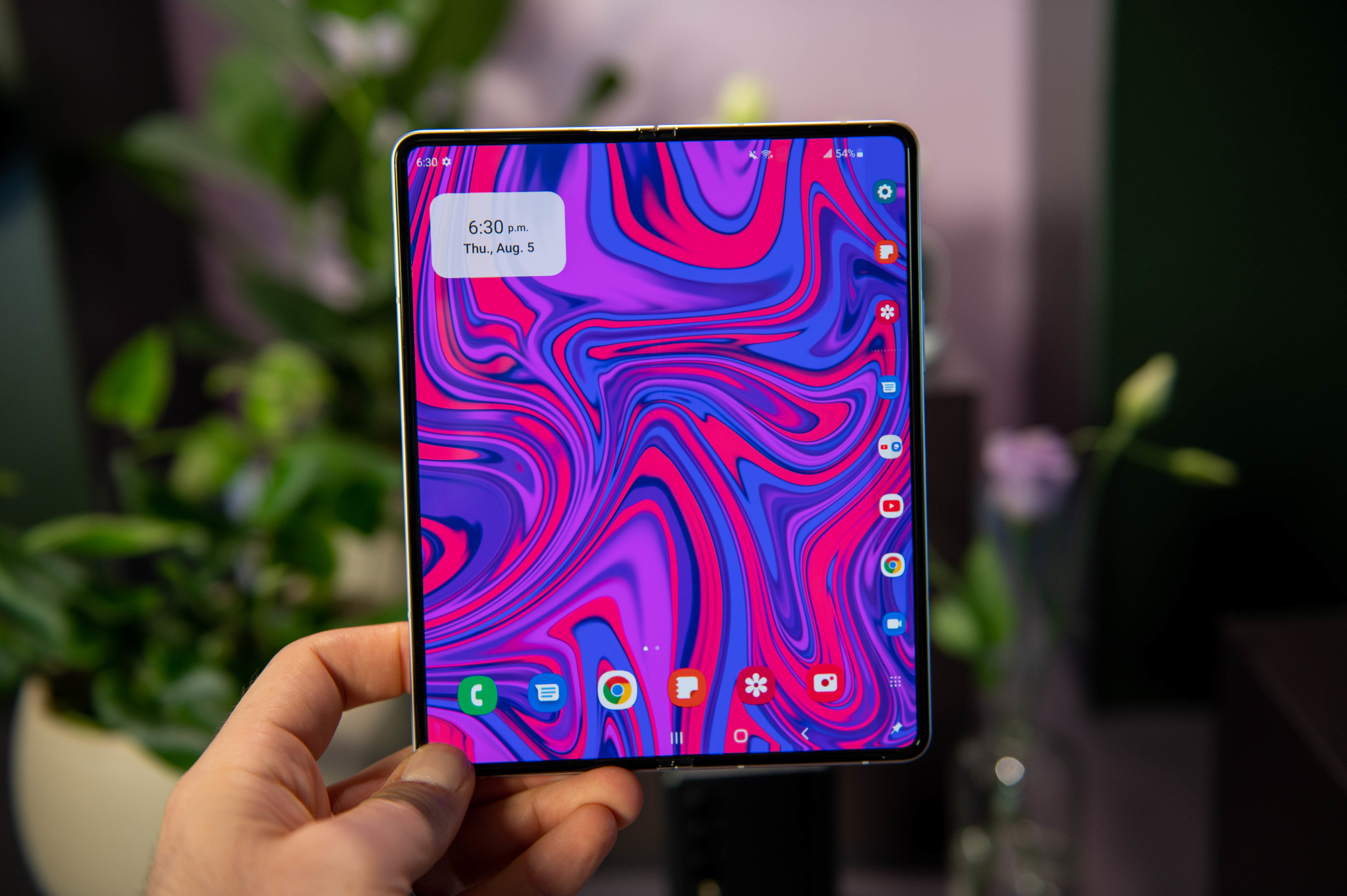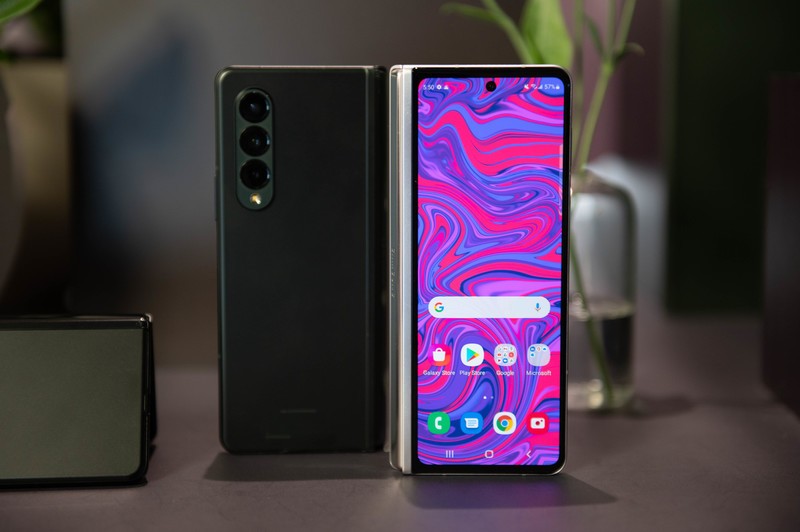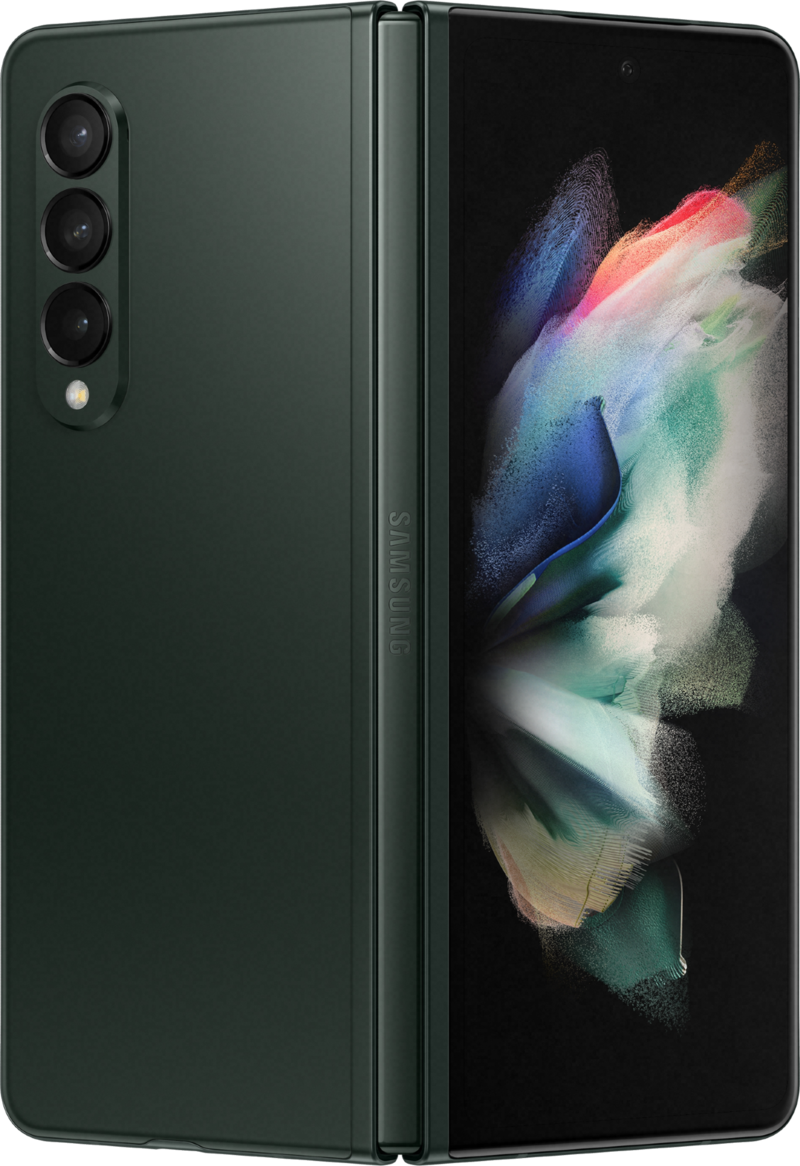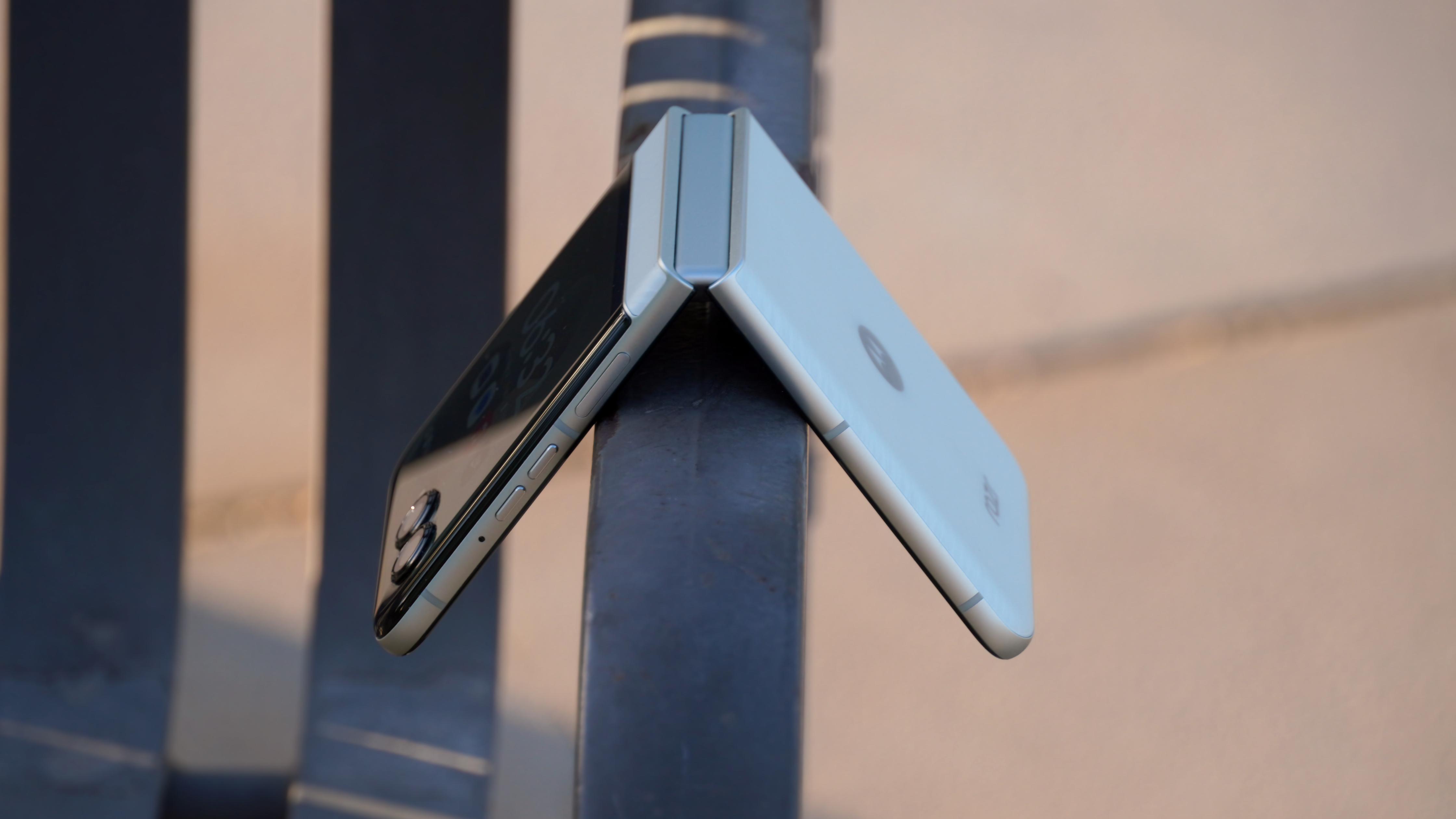With the Galaxy Z Fold 3, foldables are finally ready for the mainstream

It is already nearing two years following the launch of Samsung's first foldable phone, the Galaxy Fold. The phone was a technical marvel thanks to the hinge and the fold-out screen, but it wasn't very practical; dust got into the hinge way too easily, and the screen had a noticeable crease down the middle.
Samsung took the learnings from the Fold and made several key changes to the Galaxy Z Fold 2. Last year's foldable had better build quality and a more durable hinge, brighter screens, and better battery life. The Galaxy Z Fold 2 was at the cusp of breaking through to the mainstream, but it was still missing that final bit of polish that distinguishes a great phone from a good one.
With the Galaxy Z Fold 3, Samsung is taking foldables mainstream. Samsung isn't reinventing the wheel here; the Z Fold 3 shares the same overall design as its predecessor, but there are a lot of under-the-hood changes. Both the outer and inner screens now feature 120Hz refresh rate, the phone has IPX8 water resistance — a much-needed addition — there's a new plastic coating over the screen that mimics the feel of glass, and it now works with the S Pen. It has the makings of one of the best Android phones of 2021.
The Galaxy Z Fold 3 feels less like a tech demo and more like a phone you can use everyday.
Simply put, the Galaxy Z Fold 3 feels like a mainstream product you can reliably use daily, and not just a tech showcase. Samsung clearly thinks the same; after all, it is launching the Z Fold 3 in lieu of the Note series, and while the Note portfolio never sold as well as Galaxy S phones, it was still a huge category for Samsung.
So the move to ditch the Note series and go all-in on foldables shows how confident Samsung is in its latest products. Samsung had two years now to refine the design and fix reliability issues, and it has managed to do just that with the Galaxy Z Fold 3. We can easily draw parallels between the foldable and the Galaxy S3 from 2012; while the Galaxy S and S II were great in their own right, they lacked finesse. That changed with the introduction of the Galaxy S3, and the phone went on to sell over 70 million units globally.
Samsung followed a similar trajectory with the Galaxy Note series a year later. The Galaxy Note 3 introduced a large 5.7-inch 1080p display and a new design with a faux leather back, paving the way for phablets. Eight years later, Samsung is trying to achieve something similar with the Galaxy Z Fold 3.

IDC Research Director Navkendar Singh agrees with this reasoning. "We have seen several times in tech products that version 3.0 is generally the finished product. This is when all limitations are addressed, all consumer feedback is solicited, and interactions with the product come together."
Get the latest news from Android Central, your trusted companion in the world of Android
Singh points out that foldables will deliver the next wave of innovation in the smartphone segment, and as use cases evolve, fold-out screens will be the differentiator: "As use cases see multiplication, more content is consumed and created on the phone, big screens will come in handy and consumers are looking forward to it."
While it's unreasonable to assume that the Z Fold 3 will come anywhere close to the sales figures of the Galaxy S3 or the Note 3, it should allow Samsung to build a sizeable lead in the foldable category. For one thing, the lack of a Galaxy Note device and the addition of S Pen make the device the ideal choice for those looking to upgrade their phones, and while it is still prohibitively costly at $1,800, it is debuting for $200 less than its predecessor.
Combine that with a generous trade-in program and carrier partnerships, and you're not looking at spending too much more monthly for the Z Fold 3 versus the Galaxy S21 Ultra, OnePlus 9 Pro, or other flagships.
What ultimately makes the Z Fold 3 an enticing option for me is the fact that I can use it with the S Pen, the smoother hinge mechanism, and the new plastic layer on the screen. The hinge on the Z Fold 2 felt stiff, and the TPU plastic layer over the screen was prone to scratches and wasn't particularly great to see. With Samsung fixing these issues and adding 120Hz panels for both the inner and outer screens, it has delivered a foldable that I'm finally interested in using as a daily driver. Samsung will be hoping that millions of users feel the same way.

The ultimate phone for 2021
The Galaxy Z Fold 3 features a more durable design, 120Hz panels for the inner and outer screens, a smoother hinge, and IPX8 water resistance. This is no longer a tech showcase, but a consumer product that's reliable for day-to-day use. The S Pen integration means now is as good a time as any to make the switch to a foldable.

Harish Jonnalagadda is Android Central's Senior Editor overseeing mobile coverage. In his current role, he leads the site's coverage of Chinese phone brands, networking products, and AV gear. He has been testing phones for over a decade, and has extensive experience in mobile hardware and the global semiconductor industry. Contact him on Twitter at @chunkynerd.
